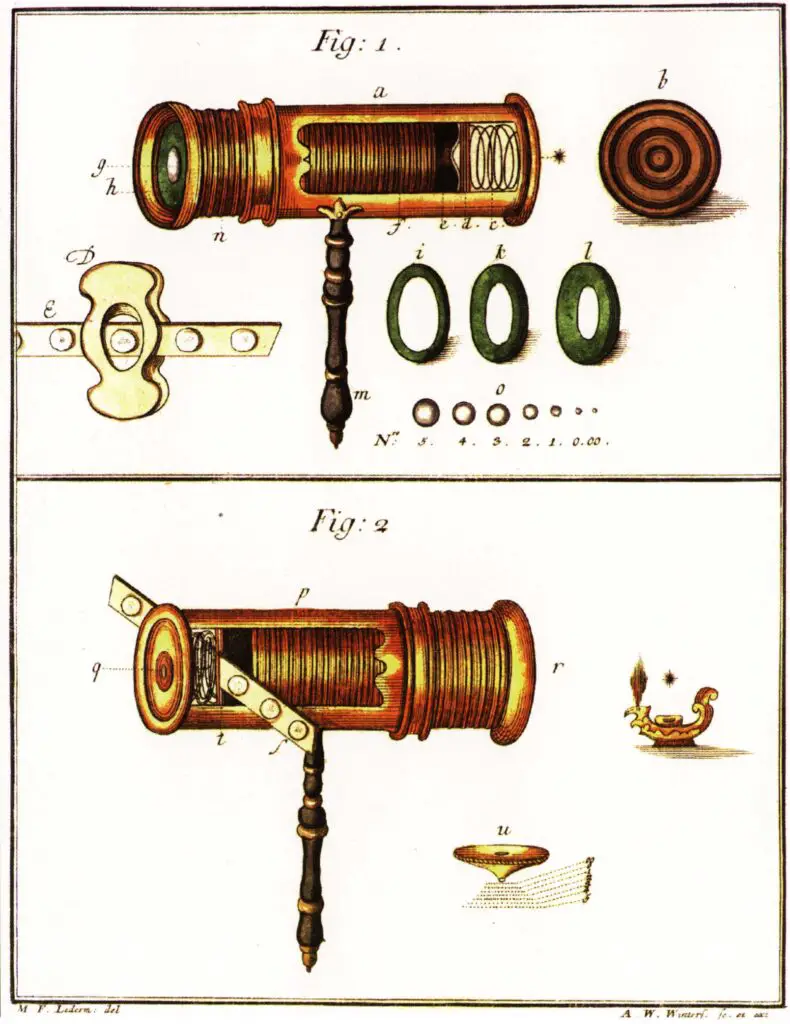It can be very competitive when looking for a well-paying job involving laboratory skills. Due to the large number of applicants with Biology degrees and backgrounds, it’s important to stand out wherever you can when it comes to marketing yourself. This guide is going to teach how to properly list lab skills for resume effectiveness. Whether you are looking to get a job as a laboratory technician , technical researcher, biochemist, or a research assistant, this guide will help your laboratory skills resume look much more appealing to potential employers.
Job Titles and Previous Experience
One of the things that the hiring manager will look closely at is your relevant work experience. Unfortunately, if you’re an undergrad, or a fresh grad student looking for an entry level job, your work experience may be a little bit limited. How are you supposed to compete with people who have already worked in a lab for several years? You compete by listing the years of experience that you do have, but wording your job title to make it sound more interesting and important.
Of course, this rewording needs to be done ethically. You don’t want to be lying on your application. The job title you write down still needs to describe the duties that you performed.
For instance, if you worked as an intern or volunteered for one of your professors and you helped with any research, you can list that as work experience as a research or lab assistant. Experience in molecular biology or biochemistry is particularly valued. If you volunteered in a lab, helping with experiments or quality assurance, you can list that time as work experience as a lab technician or an assistant lab tech.
Just don’t write down that you were senior technical researcher if all you were doing was helping your professor grade papers. There is a difference between cleverly wording your experience and actually lying on a resume. The latter should never be done. Remember that the scientific community is very close, especially in specific fields of study. As a job seeker, you don’t want to ruin your chance at a career before it has even started.
Make Note of All of Your Laboratory Skills
In the beginning, just make a big list of every single laboratory skill that you have. Don’t leave anything out. Include any technical skill, science exposure, organizational skills, and other hard skills such as knowing how to operate the computer systems. On your actual resume, you won’t be including all of these, especially when it comes to the really basic wet lab skills like washing glassware or keeping the work area clean. However, it’s important to take stock of everything you have to offer. You never know what may turn out to be transferable skills to other labs and industry or generate attention from a recruiter…
Think of this like a brainstorming session. By writing down all the possible resume skills that may be relevant to the job, it may remind you of more important skills that you are forgetting or remind you of some specific experience that will be good on your lab technician skills resume. If you’re a graduate student you probably know quite a bit more than you originally imagined.
Identify Two or Three Skills
Now that you have your large list of brainstormed skills, go through and choose two or three skills that are the most interesting. You want to make sure that they are relevant to the job that you are applying for. If you’re applying for a research job, you want to list your best technical research skills and accomplishments. If you are applying for a medical lab technician job, you want to write specific lab skills, such as dealing with body fluids or certain types of laboratory tests.
If you have some rather unique skill or accomplishments that are relevant to the job that you are applying for, then they will be that much more effective. Many of the people that will be applying for these jobs will all be listing their skills and work experience in more or less the exact same way. By pulling out some examples that may be a little more unique or interested, it will pique the potential employer’s curiosity and help you land an interview for the position.
Similarly to the work experience job title example earlier in the guide, you can use some creative language to make your skills sound more interesting and engaging.
Skills as an Accomplishment
When talking about your skills on a resume, it can be boring to simply list them down. Instead, try to form your skills into a concise accomplishment. Write about how you used this skill to accomplish an important task that is relevant to the job.
If you need help, look right at the job description for the position that you are applying for. What do they have listed as the required duties and proficiency that will be required in this position? Your skill-based accomplishment should directly mirror the duties listed in the job description. By mirroring your past accomplishments to the job description, you will appear to be the perfect candidate among all of the other laboratory technicians.
An example here is if one of your skills involves lab organization or systematization. Simply listing lab organization skills on your resume is boring and too open-ended. It doesn’t necessary speak to the benefit of that specific skill. Everyone that is applying for this job is likely going to be organized, so how to you make this sound like an interesting accomplishment?
For this example, think of a time that you specifically helped organize a lab or came up with a new system within the lab that saved time. Now you can write that you developed a new system that saved a specific number of hours within the procedure or experiment, or helped to ensure quality control of the testing results.
Regardless of the accomplishment, if you can highlight the direct result that your skill got, your potential employers will see how that same skill will benefit them. When it’s directly mirroring the job description that they have listed, it’s a huge resume builder.
Equipment Proficiency
Many job descriptions will have specific laboratory equipment that you will be using. If you have experience with any of this equipment, make sure to list it. This is where adding a longer list can be beneficial. If they see that you already have experience working with most of the equipment that they have in the lab, they will be happier knowing that you will need less training or guidance with new equipment.
All of the lab equipment that you are proficient with can be put into a bulleted list. Avoid including equipment that they didn’t talk about in the job description. The exception being if the equipment might be a bit more unique and exciting as long as it is still relevant to the job. Sometimes, you might catch the eye of an employer if you have experience on lab equipment that they themselves haven’t even used before. This increased the overall expertise of the lab as a whole, knowing that you will already be experienced if they ever acquire that specific type of equipment.
While you’ll just be listing this equipment in a bulleted list, some of the equipment that you have experience with might also fit one of your three main skills that you’ll be talking about. If they have a specific piece of equipment that is crucial to the work that they are doing and you have significant experience with that equipment, highlight that experience in your skills section. Just remember to write it as a results-driven accomplishment to make it as impactful as it can be.
Don’t List Anything You’re Not Comfortable Talking About in an Interview
This part might sound like a bit of a no-brainer but it still needs to be said. Don’t list any skills or work experience that you aren’t completely comfortable talking about in an interview. Assume they will ask you questions about work experience, skills that you have listed, past accomplishments, and equipment proficiency.
If you can’t handle answering any questions that they have about something on your resume, then you should be including it. There is no point including something on your resume that will land you an interview if you turn into a deer in headlights when they begin asking questions about it.
As an addition to this, after you’ve finished your resume, you should be pre-asking yourself any questions that they might ask in regards to things listed on your resume or cover letter. Assume that they will have you elaborate on work experience and relevant skills and have your answers pre-loaded and ready to go.
Use Action Words
When listing your accomplishments or any relevant work experience, make sure to use action words. It doesn’t matter if it was a clinical laboratory, a medical laboratory, or anything in between- actions words are always the key. Action words are any active verbs that communicate what you specifically did. Words like advised, established, consulted, designed, improved, are all great words to use when talking about previous experience.
Resume Customization
You should be customizing your resume for each individual position that you are applying for. Take the extra time to customize your resume for each job using this guide for your best chance of success. You can look at a lab technician resume sample, but if you want to get hired you have to go beyond standard resume templates. Even if you are applying for the exact same job with two different companies, they will likely have a different job description with different responsibilities listed. By wording elements of your resume to directly mirror the job description of each specific company position, your resume will better reflect exactly what they are looking for.
More Resume Skills You Might Like:

